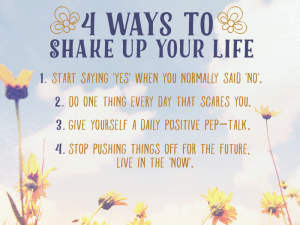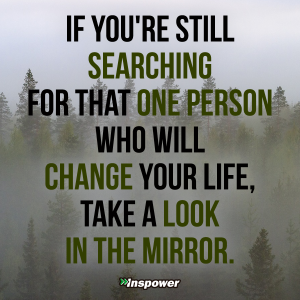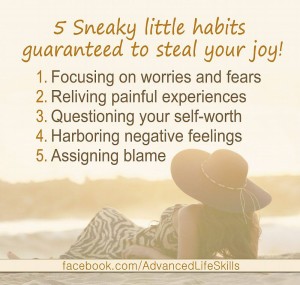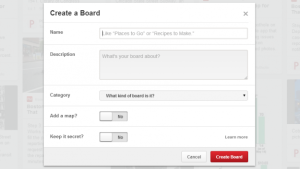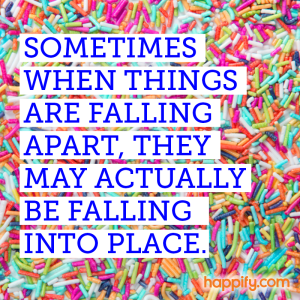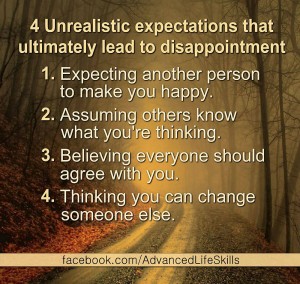How to Use Pinterest
Lidkea Stob has wonderful LSA Pinterest boards that we often refer our clients to for resources and strategies. We have boards with subjects like mindfulness, mental health, gratitude, anxiety, healthy meal ideas, stress and relaxation and happiness. Some people embrace it and take what they need from the boards and create their own but for some the idea of Pinterest is entirely new and can be somewhat overwhelming. It really is simple and easy to use and a fantastic way to organize and store things.
So this week we are going to talk about How To Use Pinterest so people can make their own boards and file things that they find interesting and useful. Think of Pinterest as a digital card storage system. It is a place to file an article you enjoyed or that great recipe you don’t want to lose. Let’s say you are interested in learning more about Mindfulness. You can key that term into Pinterest and browse other people’s pins but you can also choose your own online articles to pin as well. The internet has so much information and Pinterest is a fantastic tool to organize this.
The first step to Pinterest is getting your own account. So go ahead and sign up for your new Pinterest account. Using the option of linking to your existing social media will help find friends that may already have boards to follow. This will allow you to organize things you find and file them away for future use. An article from Real Simple does a great job outlining How to Use Pinterest. This article is a good primer to get you started.
Key points are installing the “Pin It” button to your web browser and creating boards. This will make it as easy as a click of a button once you have it in your web browser. You will be able to add things from the web once you have created some boards of your own.
Create boards to organize your pins in categories. Think about what interests you and come up with a list. You might start with quick meals, books to read, things that make you smile, a bucket list or maybe a workout board. The fantastic thing about Pinterest is that you get to choose what you want and it is uniquely yours. You can share the boards with others by leaving them “public” or set them as “secret”.
For a little more technical advice take a look at How to Use Pinterest Like a Pro. This offers screen shots and explanations of the Pinterest lingo. It walks you through step by step and is worth a read before you jump in. There is even a mobile app for your smart phone or tablet.
You can even find How to Use Pinterest for Beginners pinned right there in Pinterest. It has 8 easy steps to get you started. So browse away and find people with similar interests to follow but don’t forget to spend some time looking at our boards and the great resources that are already there waiting for you!
Shift Work
According to Stats Can in 2005 approximately 4.1 million Canadians worked shift work. As counsellors we know there are many side effects that can impact shift workers.
Shift work can impact your social life and your relationships. In How to Deal when you and your spouse are on Opposite Shifts they suggest communicating in other ways. Technology has made it a bit easier to communicate through text messaging and emails. Take a minute during lunch to stay in touch. It can be difficult to feel connected when you are passing each other in the hallway. Make the most of the time you do have together. Plan a date, see some friends, do something you have both been wanting to do. Make the time you do have count.
Sleep deprivation is another concern for shift workers and can have negative impacts on worker job performance, safety and quality of life. In the article 10 sleep tips for shift workers they suggest transitioning your sleep schedule over a three day period when you have a significant shift change. Sticking to water instead of caffeinated, sugary or alcoholic beverages can also help set the stage for better sleep.
The importance of diet for shift workers cannot be stressed enough. According to Eat Right Ontario, Nutrition for Shift Workers, the worker can experience digestion problems, sleep difficulties and changes in appetite and weight. Eating healthy and remembering snacks count too! Going to bed on an empty stomach can lead to poor sleep. If you are hungry eat something light before going to bed. They suggest healthy choices like whole grain cereals or whole grain toast with peanut butter. Drink lots of water while you’re working . Try infusing water with fruit, it will taste great and encourage you to drink more.
We have created a new Lidkea Stob Pinterest board, Shift Work. On this board we have shared sleep tips for shift workers, water infusion recipes, healthy eating ideas and other information about working shifts. We will continue to add to this board creating a resource that can easily be accessed and with a click of a mouse you can start your own Pinterest board to store the things that interest you.
Unrealistic Expectations
Unrealistic expectations can happen in so many ways, perhaps we look to others for self validation, make assumptions, expect change to be instant or maybe we assign our own belief system to others and are disappointed when they don’t act the way we think they should.
Expecting someone else to make you happy can take us down a road to disappointment. In counselling we stress the importance of self determination. This includes the right to our own happiness and accepting responsibility for our role in this. Planning happiness is like planning a vacation. We set our destination, we do the research, we think about what is important to us, we set a limit and we believe that we are going to have a good time. Approaching life in a similar way helps us to take control and focus on what truly matters to us.
Assuming others know what you’re thinking. I am almost certain that we have all fallen into this trap at some point. Answering “nothing” when asked “what is wrong?” Feeling angry because our colleague got the promotion that we didn’t express interest to our boss about. Expecting people to be mind readers, this is not only unrealistic it is being unfair to ourselves and to the people in our lives. Express yourself to others and you will find that people are more receptive to this approach.
Believing everyone should agree with you. Well there are days I think this is a fabulous idea and it would make my world so much easier! We are all different and a healthy relationship allows for differences and welcomes discussion. Sometimes by listening to someone’s point of view we realize there are other options. We may reassess our own ideas and develop a new belief. Leaving room for different opinions makes room for growth and that is a positive thing!
Thinking you can change someone else. This is something that often makes people very annoyed when they are the person that is expected to change. So the question is why do we expect this of others? We want them to stop smoking or be more thoughtful but they just don’t do what we want. This leads me back to expectation #1. In the Free Dictionary self determination means “Determination of one’s own fate or course of action without compulsion; free will.” Respecting others in our relationships means allowing them to make their own choices. We can support them if they decide to embark on change but we cannot make them do it. As humans we self determine.
In the article Toss Your Expectations Into the Ocean the author suggests letting your expectations go by tossing them into the ocean. They get carried away by the waves and then you can live your life without them. So give it a try and see what happens. It may take a little practice and as you find them creeping back into your life just toss them again and let them float away. You don’t need them anymore because you have made room in your life for more positive thoughts.

